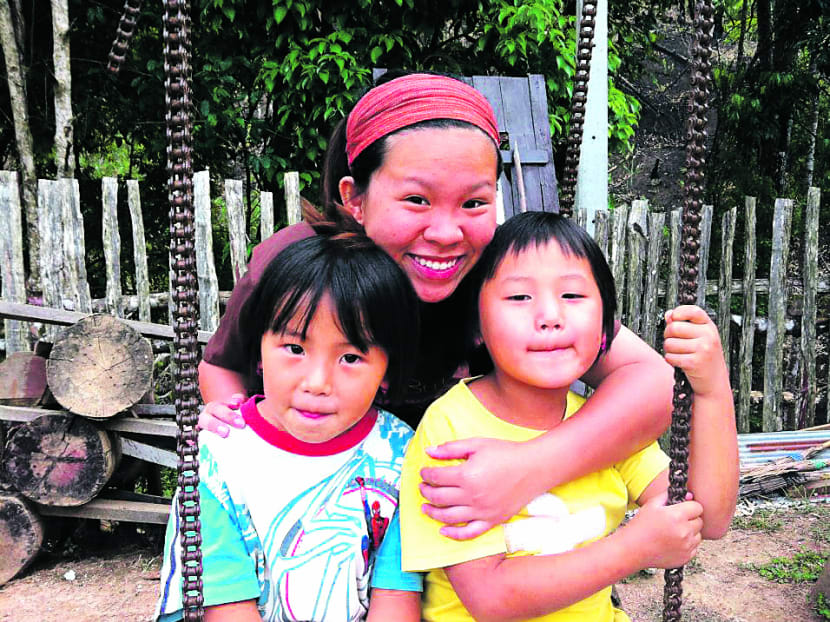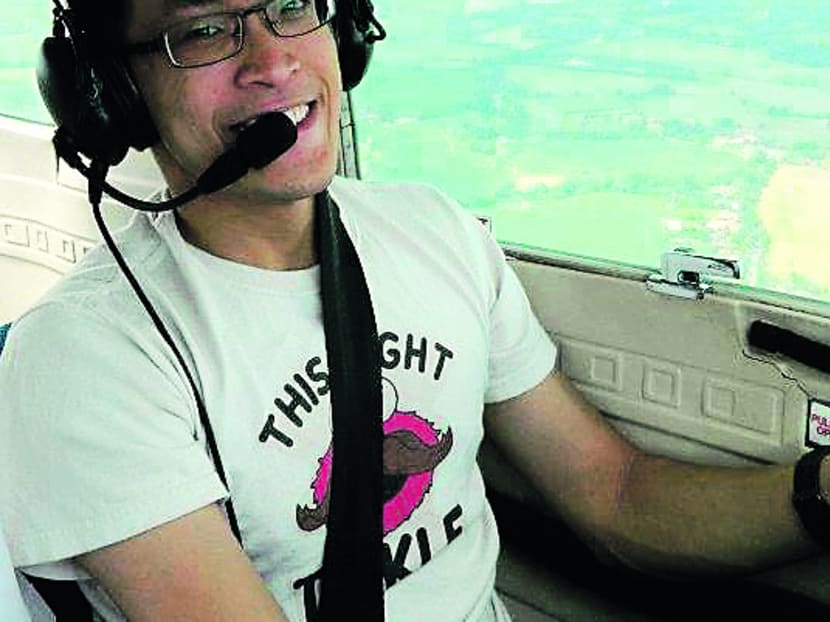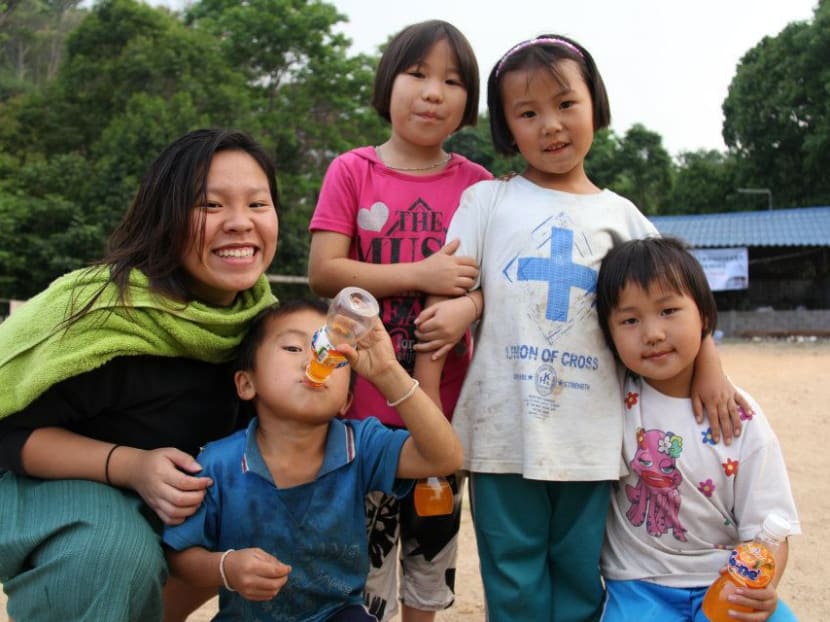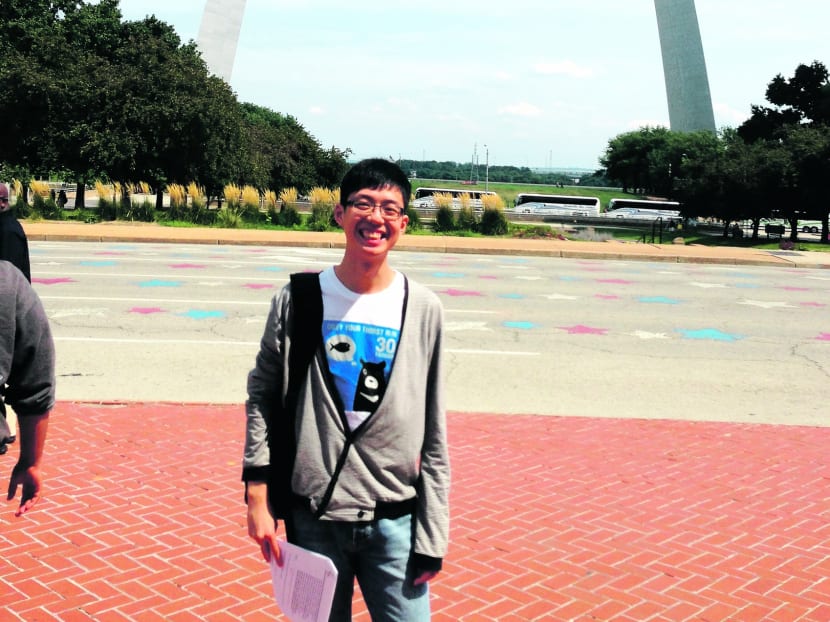PSC scholars come from a variety of schools
SINGAPORE — The Public Service Commission (PSC) is giving out scholarships to students from a broader range of schools, as it aims to increase diversity within its ranks by casting the net wider to schools that do not traditionally produce government scholars.




SINGAPORE — The Public Service Commission (PSC) is giving out scholarships to students from a broader range of schools, as it aims to increase diversity within its ranks by casting the net wider to schools that do not traditionally produce government scholars.
Between 2009 and this year, scholarships were handed out to students from 13 schools on average each year, up from seven between 2004 and 2008.
Over the past decade, PSC scholarships have been awarded to students from 26 different schools, said the commission’s Secretariat Director Terence Chia. Besides Raffles Institution (RI) and Hwa Chong Institution (HCI), scholars hailed from Jurong Junior College, Singapore Polytechnic and Temasek Polytechnic, among other local schools. International schools like the United World College South East Asia have also produced PSC scholars.
Last month, PSC Chairman Eddie Teo had written an open letter highlighting the value of diversity in the public service and describing how the commission has been selecting scholarship holders from a variety of schools and backgrounds and sending them to study in different courses and countries.
In the letter, he had pointed out that the proportion of scholars from RI and HCI has dropped to 60 per cent over the last two years, compared to 68 per cent a decade ago.
According to official figures, RI and HCI alumnus consistently made up more than half of each year’s pool of PSC scholars in the last five years. In 2011, the proportion was the highest in recent years, with 74 per cent of the scholars coming from these two schools.
When contacted, HCI Principal Hon Chiew Weng felt that the PSC has been “very fair to all” and scholarships are given out based on merit, regardless of the applicant’s school.
“What they have done is to increase the number of scholarships offered and give the additional awards to students from many other schools,” added Dr Hon. “As a result, the percentage of scholars from Hwa Chong and Raffles drop, but the absolute number of scholars from HCI has in fact increase.”
Mr Chia stressed that there is no quota on the number of scholarships given out each year and that all “deserving” applicants will be awarded a scholarship. “With the changing education landscape in Singapore, the PSC is starting to see more schools being represented among scholarship recipients each year,” he said.
Through meetings with various educators and information sessions, among other platforms, Mr Chia hopes that more pupils from different backgrounds will come to know about opportunities available to them in PSC.
PSC scholars who came from schools that do not traditionally produce government scholarship recipients welcomed Mr Teo’s call to select students from different backgrounds.
Before he applied, Mr Kenneth Sng, 21, only heard of one other student from Jurong Junior College being awarded the scholarship.
“I think that it would be important to have scholarship holders coming from different backgrounds because they can represent diverse views and opinions in our population. This would in turn help the Civil Service make better public policies,” said Mr Sng, who is studying at the Washington University in St Louis.
Ngee Ann Polytechnic graduate Joey Ong, a political science major at the National University of Singapore, said that diversity is important as the government works towards meeting the needs of Singaporeans. “The challenges that we face now are more complex than before, calling for a public service that embraces diverse backgrounds and viewpoints,” she said.
Before he applied, Ngee Ann Polytechnic graduate Tan Jun Liang, 23, felt it was “very unlikely” for a polytechnic graduate to receive a PSC scholarship.
Still, Mr Tan, whose father is a retiree while his mother works as a cashier at NTUC FairPrice, made the application so that he could play a role in policy-making.
While he agreed that many PSC scholars come from a similar background or are from brand-name junior colleges, he said most of his peers have “never displayed any elitism”.
“In fact, many of them are genuinely concerned about the situation of the underprivileged in Singapore,” he said.
“Personally, I feel that it is not fair to make a blanket statement that all scholars who are from the brand-name JCs are elitist,” he added. “It’s only fair to judge a scholar based on his actions and not on his educational background. Also, it is important to remember that many of the scholars are very young and their world views are limited.”
ADDITIONAL REPORTING BY AMIR HUSSAIN






